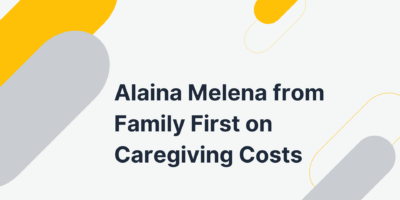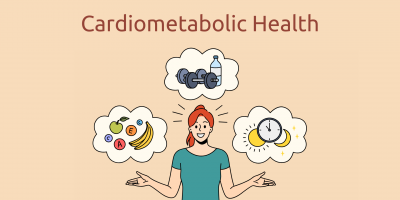
Alaina Melena from Family First on Caregiving Costs
Caregiving comes with emotional and financial challenges. Alaina Melena of Family First shares practical tips to manage costs while keeping your family’s well-being front and center. Learn how to budget wisely, access resources, and provide compassionate care without sacrificing financial security.





